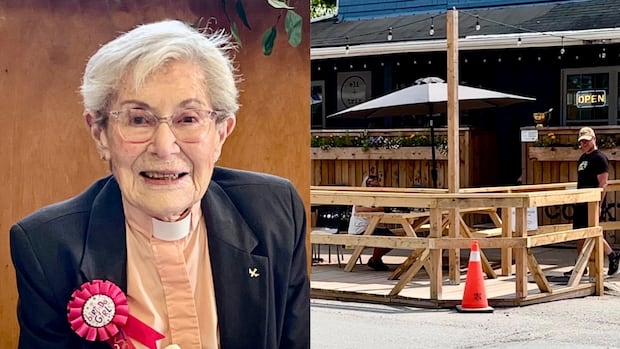‘Someone is going to die’: N.S. fire chief calls for better communication among emergency agencies

The issue of poor communication between agencies during emergencies in rural Nova Scotia is causing concern among the local fire department. Chris Wolfe, the chief of the North Queens Fire Association in Caledonia, N.S., recently took to social media to highlight the lack of notifications his department was receiving about emergencies in their coverage area. This lack of communication has resulted in delays in response times, with some residents waiting hours for ambulances to arrive.
Wolfe emphasized the importance of timely communication during emergencies, stating that the current situation could potentially cost someone their life. He pointed out that his department has 18 first responders certified under the Medical First Responders program, which allows firefighters to provide medical care to those in need. However, despite being equipped and trained to respond to medical calls, the North Queens Fire Association is often left out of the loop when it comes to notifications.
While most fire departments in Nova Scotia offer some form of medical first response, Wolfe noted that the majority of calls his department receives are medical in nature. The North Queens Fire Association recently acquired a new $750,000 rescue truck that is equipped to transport patients to the hospital, further highlighting the importance of their involvement in medical emergencies.
Emergency Medical Care, the private company contracted by EHS to operate its ambulance service and medical communications center, stated that participants in the Medical First Responders program choose the types of calls they are notified of. The company assured that they would work with the North Queens Fire Association to address their concerns and improve communication moving forward.
In response to the ongoing communication issues, Wolfe announced plans to hold a public meeting next month. He intends to invite representatives from Emergency Health Services, Emergency Medical Care, Health Minister Michelle Thompson, and MLA Kim Masland to discuss the issue and find solutions to improve coordination during emergencies.
The situation in rural Nova Scotia serves as a reminder of the crucial role communication plays in emergency response efforts. By addressing and resolving these communication challenges, agencies can work together more effectively to ensure the safety and well-being of residents in the community.



